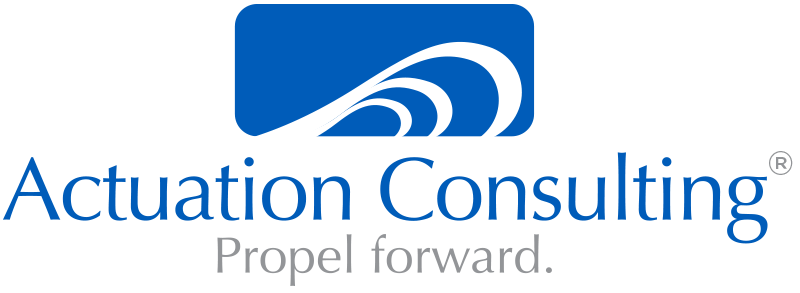This week Roman and I had a chance to catch up on the state of Scrum and his involvement with the ProdBOK project. Roman is the author of Agile Product Management with Scrum.
Here’s an extract from our conversation.
Roman, as you look across the Agile playing field, and Scrum specifically, how have organizations evolved in terms of successfully implementing these methodologies?
(Roman) Companies that have successfully applied Scrum have established strong product ownership, employ dedicated cross-functional teams, pay attention to the product quality, and leverage user feedback to create new features. Particularly for products characterized by rapid change and innovation, such as web and mobile apps, employing an Agile way of working has largely become the standard way of working in my experience. Having said that, I also find that Scrum and other Agile methods are sometimes still incorrectly applied resulting in sub-optimal outcomes.
Do you find that a certain size of company is best suited to implement these methodologies or are there other factors that impact successful implementation? What have you seen that works best?
(Roman) I don’t think the company size enables or restricts the application of Agile practices. I have seen start-ups and large enterprises apply Scrum successfully. But I find it important to create the “right” conditions to succeed with Agile, and to select the right Agile practices.
To determine which Agile practices are appropriate, I find it helpful to consider the product lifecycle. Scrum, for instance, is best suited to create a new product or bigger product update in my mind. But once the product has matured and grown, I tend to prefer working with a Kanban-based process mixing traditional and Agile practices.
To create the right conditions for new products, I find forming an incubator very powerful. This allows the product owner and the team to collaborate closely, to think outside the box, and to experiment with new ideas.
Do you think that the release of ProdBOK will in anyway help overcome these challenges?
(Roman) I hope that the ProdBOK will help product managers and their organizations understand what choices they have to create and manage products successfully.
Why did you choose to contribute to the ProdBOK project?
(Roman) To help the readers understand how Agile practices can benefit product managers and their products.
Any final thoughts on Scrum or emerging trends?
(Roman) I believe that shrinking product lifecycles, rapid technological change, and increasingly dynamic markets are likely to make Agile approaches even more important in the future. I also believe that we will see more hybrid approaches, combining practices from different schools such as Lean startup, Scrum, Kanban, and Extreme Programming.
Roman, thanks for sharing your thoughts! You can learn more about Roman by clicking here.
Greg Geracie is a recognized thought leader in the field of product management and the President of Actuation Consulting, a global provider of product management consulting, training, and advisory services to some of the world’s most well-known organizations. Greg is also the author of the global best seller Take Charge Product Management. He is also an adjunct professor at DePaul University’s College of Computing and Digital Media where he teaches graduate and undergraduate courses on high-tech and digital product management.
ProdBOK is a registered trademark of AIPMM.

